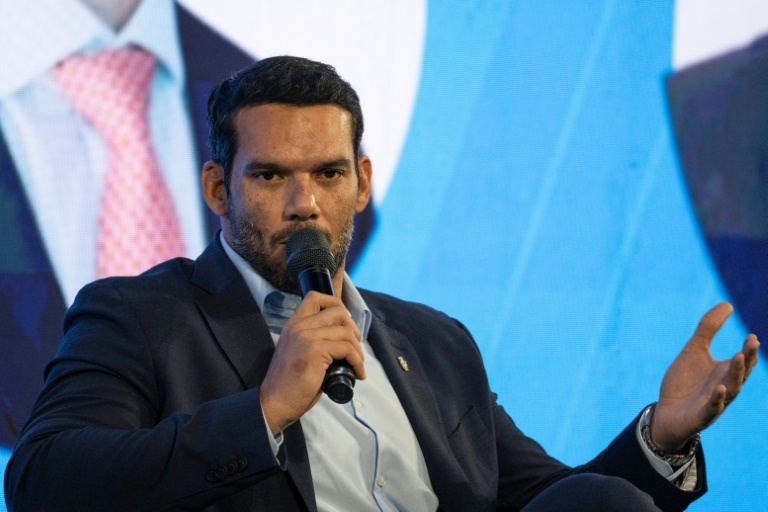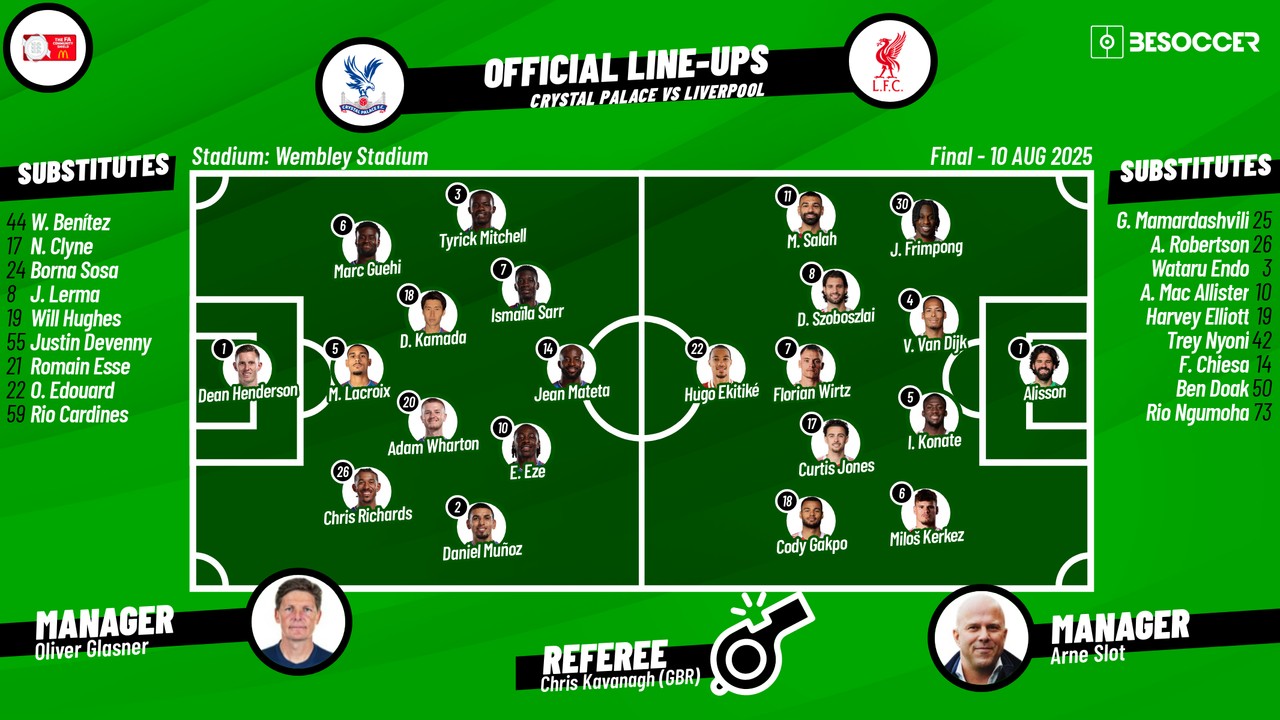Home is far away for Madagascar in AFCON qualifying

When Madagascar host Gambia in a 2025 Africa Cup of Nations qualifier on Friday they will play in Moroccan city Casablanca - 8,250 kilometres (5,125 miles) from the Indian Ocean country.
11 months ago
The Malagasys are one of 16 teams forced to seek neutral venues for matchday 3 and 4 fixtures because they lack an international-standard stadium. Madagascar meet Gambia in Group A at the 18,500-seat Larbi Zaouli Stadium. With Tunisia set to win the section, both teams are eyeing second place and the other qualification spot.
Tunisia are alone among the four nations in the mini-league who are able to play at home in a six-round competition that will produce 23 qualifiers to join 2025 hosts Morocco. Gambia will play in El Jadida, a coastal city 100 kilometres south of Casablanca, and the Comoros have opted for Abidjan, commercial capital of the Ivory Coast.
For African football powerhouses Tunisia, seeking a record extending 22nd consecutive appearance at the biennial AFCON, playing rivals at neutral venues makes qualifying that much easier. Away to Gambia in El Jadida last month, Tunisia were cheered by hundreds of supporters who travelled with the team or live in Morocco. Gambia, on the other hand, had minimal backing.
Aware of this disparity in the stands, Comoros chose to face Tunisia next Tuesday in the Ivory Coast rather than Morocco. They first meet in Rades near Tunis on Friday. "Playing Tunisia in Morocco would have been a disadvantage for us," national football federation president Said Ali Athouman told the Comoran media.
"Tunisian supporters can reach Morocco relatively easily, and they would create the impression that we were playing away twice in a row. "Hosting Tunisia in Abidjan means we will be playing at a genuine neutral venue," added the official. Lesotho, Central African Republic, Benin, Niger, Chad, Sierra Leone, Guinea, Ethiopia, Eswatini, Namibia, Zimbabwe, Burundi and Burkina Faso are other countries without suitable stadiums.
Sudan cannot play at home because of a civil war and Kenya are displaced due to stadium renovations for the 2025 African Nations Championship (CHAN). Among the "homeless", only Burkina Faso are a top-20 ranked team. Many of the others are lowly ranked, and not being able to play at home makes trying to qualify that much more difficult.
"Playing at home carries many advantages - you lose a lot by not being able to do so," former Uganda goalkeeper Denis Onyango told AFP. "A nation forced to play home matches in other countries hands the advantage to their opponents." South Africa-based Onyango said the biggest challenge facing football in Africa was ensuring every country had at least one international-standard stadium.
African governing body CAF recently cited an "uneven surface, poor drainage and inadequate grass cover" for banning the Baba Yara Stadium in Kumasi from hosting matches involving Ghana. Apart from pitches, checks by the continental organisation include spectator facilities and changing rooms when determining the status of a venue.
Tunisia are alone among the four nations in the mini-league who are able to play at home in a six-round competition that will produce 23 qualifiers to join 2025 hosts Morocco. Gambia will play in El Jadida, a coastal city 100 kilometres south of Casablanca, and the Comoros have opted for Abidjan, commercial capital of the Ivory Coast.
For African football powerhouses Tunisia, seeking a record extending 22nd consecutive appearance at the biennial AFCON, playing rivals at neutral venues makes qualifying that much easier. Away to Gambia in El Jadida last month, Tunisia were cheered by hundreds of supporters who travelled with the team or live in Morocco. Gambia, on the other hand, had minimal backing.
Aware of this disparity in the stands, Comoros chose to face Tunisia next Tuesday in the Ivory Coast rather than Morocco. They first meet in Rades near Tunis on Friday. "Playing Tunisia in Morocco would have been a disadvantage for us," national football federation president Said Ali Athouman told the Comoran media.
"Tunisian supporters can reach Morocco relatively easily, and they would create the impression that we were playing away twice in a row. "Hosting Tunisia in Abidjan means we will be playing at a genuine neutral venue," added the official. Lesotho, Central African Republic, Benin, Niger, Chad, Sierra Leone, Guinea, Ethiopia, Eswatini, Namibia, Zimbabwe, Burundi and Burkina Faso are other countries without suitable stadiums.
Sudan cannot play at home because of a civil war and Kenya are displaced due to stadium renovations for the 2025 African Nations Championship (CHAN). Among the "homeless", only Burkina Faso are a top-20 ranked team. Many of the others are lowly ranked, and not being able to play at home makes trying to qualify that much more difficult.
"Playing at home carries many advantages - you lose a lot by not being able to do so," former Uganda goalkeeper Denis Onyango told AFP. "A nation forced to play home matches in other countries hands the advantage to their opponents." South Africa-based Onyango said the biggest challenge facing football in Africa was ensuring every country had at least one international-standard stadium.
African governing body CAF recently cited an "uneven surface, poor drainage and inadequate grass cover" for banning the Baba Yara Stadium in Kumasi from hosting matches involving Ghana. Apart from pitches, checks by the continental organisation include spectator facilities and changing rooms when determining the status of a venue.







Comments